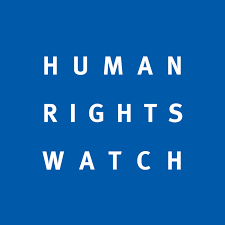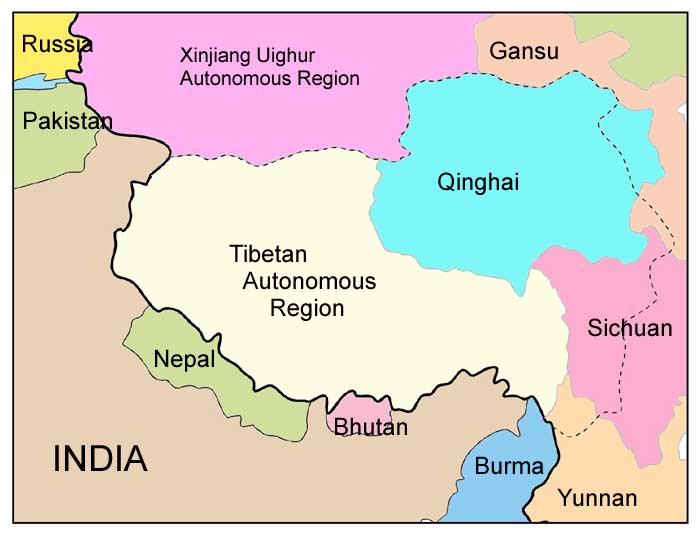 The latest report of Human Rights Watch, a New York-based human rights group, highlights the increasing violations of human rights occurring under Chinese President Xi Jinping’s rule and affecting Tibetans and other minority groups living in China, including the Muslim Uyghur population in East Turkestan or Xinjiang.
The latest report of Human Rights Watch, a New York-based human rights group, highlights the increasing violations of human rights occurring under Chinese President Xi Jinping’s rule and affecting Tibetans and other minority groups living in China, including the Muslim Uyghur population in East Turkestan or Xinjiang.
In its press release for their World Report 2017, an annual review of human rights, HRW says, “The Chinese government aggressively stepped up its campaign against civil society activists and online speech in 2016…This widening attack on rights…began when President Xi Jinping took office in March 2013”.
The introduction to the Chinese section of the report states, “China remains a one-party authoritarian state that systematically curbs fundamental rights. Since President Xi Jinping assumed power, the government has detained and prosecuted hundreds of activists and human rights defenders…The government has moved to tighten control over nongovernmental organizations, activists, and the media through a slew of new laws that cast activism and peaceful criticism of the government as state security threats. The ‘Great Firewall’ used to censor the Internet has been expanded. Despite legislation to curb torture in custody, police and interrogators have found ways to evade legal protections.”
People in East Turkestan are subject to the same repressions as those in Tibet, the report continues,“In terms of national security,” Chinese President Xi Jinping said in 2014, “the approaches to Tibet and Xinjiang work are the same, and the objectives are also the same.” Chen Quanguo, who was party secretary of the Tibetan Autonomous Region (TAR) is now leader of Xinjiang, and the new leader of TAR, Wu Yingjie, has stated his wish to study and emulate the methods of Chen.
 The report goes on to explain that these abusive policies have curbed almost all forms of freedom of speech, political activity, assembly and movement, forbidding many TAR residents from foreign travel. Any form of dissent is treated as a national threat and any public criticisms as criminal challenges to the state. Strict surveillance includes high-tech police posts, close monitoring of religious activity and curtailing peaceful expressions of ethnic and religious identity in both Xinjiang and Tibet.
The report goes on to explain that these abusive policies have curbed almost all forms of freedom of speech, political activity, assembly and movement, forbidding many TAR residents from foreign travel. Any form of dissent is treated as a national threat and any public criticisms as criminal challenges to the state. Strict surveillance includes high-tech police posts, close monitoring of religious activity and curtailing peaceful expressions of ethnic and religious identity in both Xinjiang and Tibet.
Peaceful protests are continuing in both regions, with Tibetans resorting to self-immolation while in Xinjiang some violent acts of protest have taken place leading to the Chinese designating the predominantly peaceful movement there as “terrorism” and promoting their “anti-splittism” and “stability maintenance” campaigns.




 Print
Print Email
Email